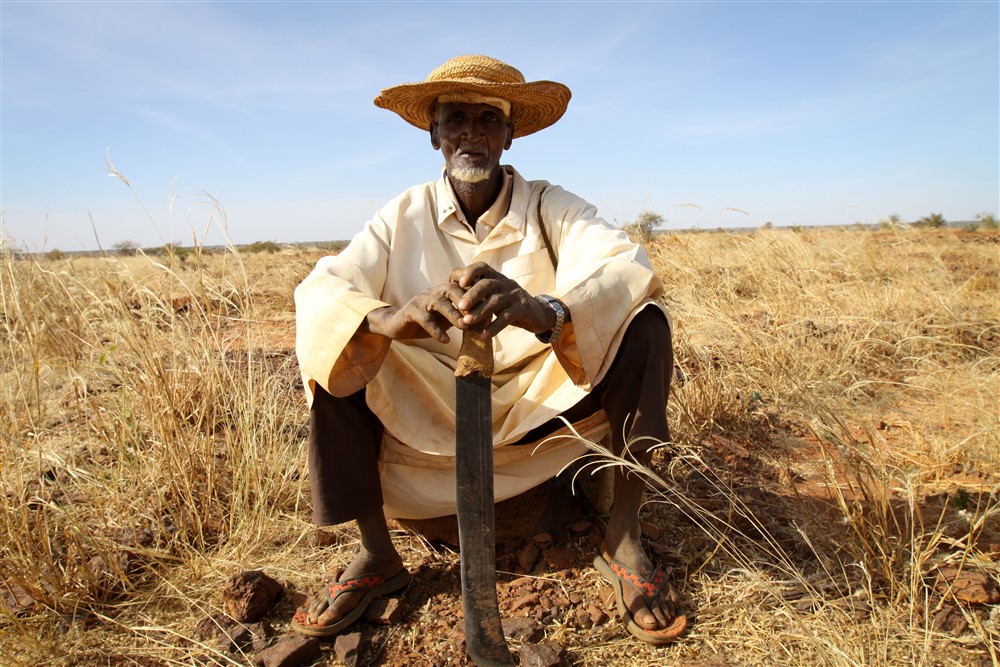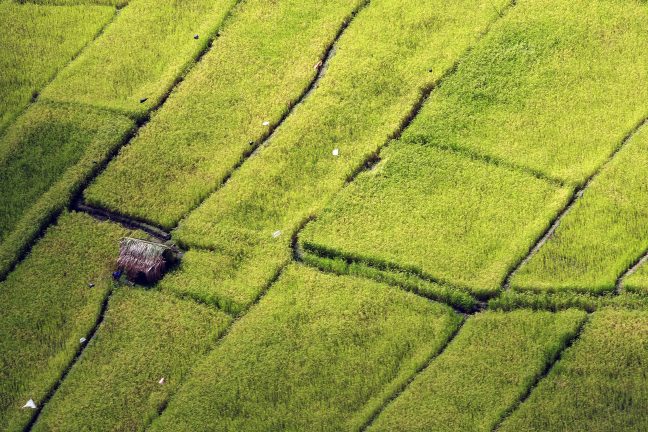Water Scarcity
Water scarcity can mean scarcity in availability due to physical shortage, or scarcity in access due to the failure of institutions to ensure a regular supply or due to a lack of adequate infrastructure.
Water scarcity already affects every continent. Water use has been growing globally at more than twice the rate of population increase in the last century, and an increasing number of regions are reaching the limit at which water services can be sustainably delivered, especially in arid regions.

Drought in Niger in 2011. Photo: WFP/Phil Behan
Challenges
Water scarcity will be exacerbated as rapidly growing urban areas place heavy pressure on neighbouring water resources. Climate change and bio-energy demands are also expected to amplify the already complex relationship between world development and water demand.
Aerial shots of Ricefields near Baucau, Timor Leste. UN Photo/Martine Perret
Opportunities
There is not a global water shortage as such, but individual countries and regions need to urgently tackle the critical problems presented by water stress. Water has to be treated as a scarce resource, with a far stronger focus on managing demand. Integrated water resources management provides a broad framework for governments to align water use patterns with the needs and demands of different users, including the environment.Links
- FAO: Aquastat
- FAO (2016): Coping with water scarcity in agriculture: a global framework for action in a changing climate
- FAO (2008): Coping with water scarcity: An action framework for agriculture and food security
- UNESCO (2006): World Water Development Report 2006: ‘Water: a shared responsibility’
- UNDP (2006): Human Development Report 2006: ‘Beyond scarcity: Power, poverty and the global water crisis’
- UN-Water Activity Information System: National Drought Management Policies Initiative
- UN 2018: SDG 6 Synthesis Report
- World Resources Institute: Blog: What we know about water scarcity

